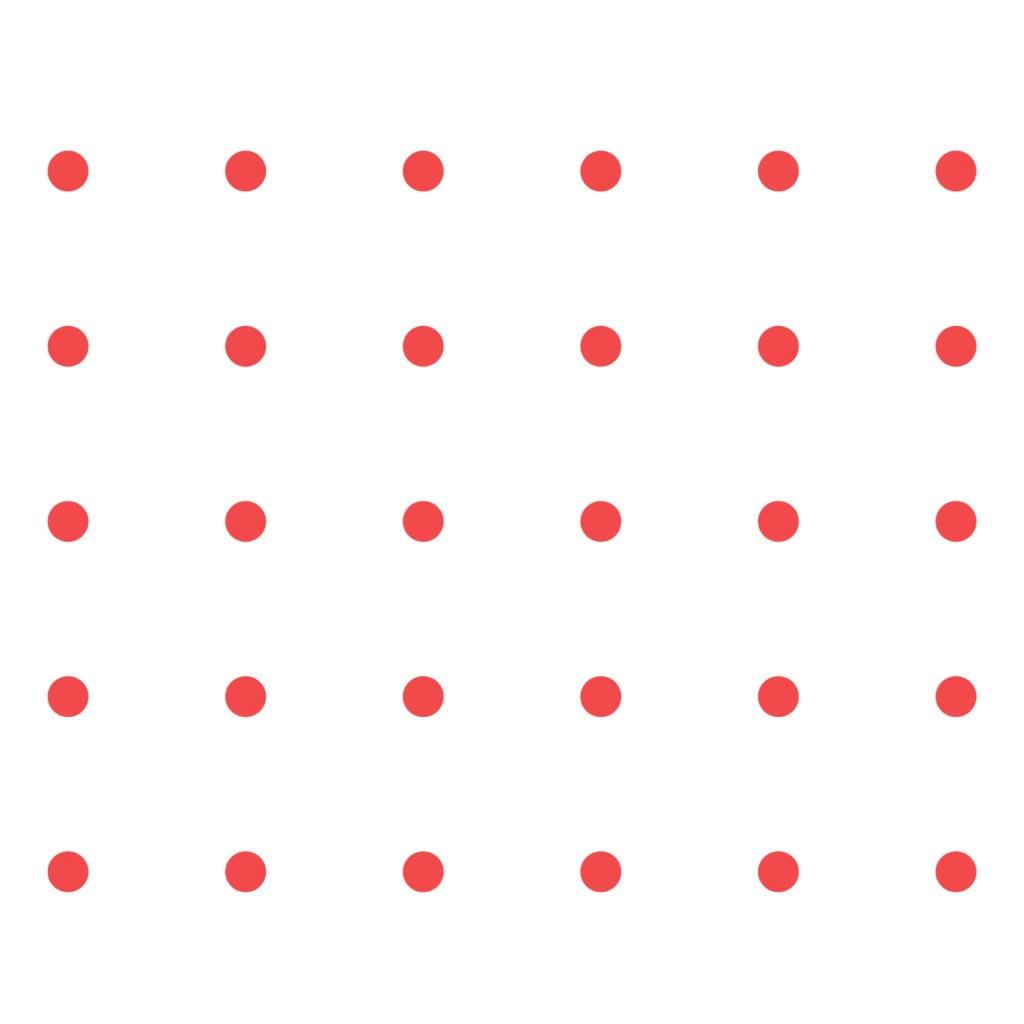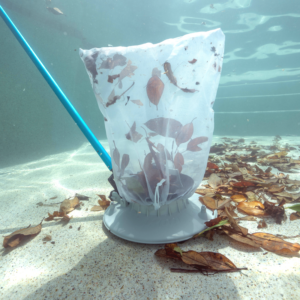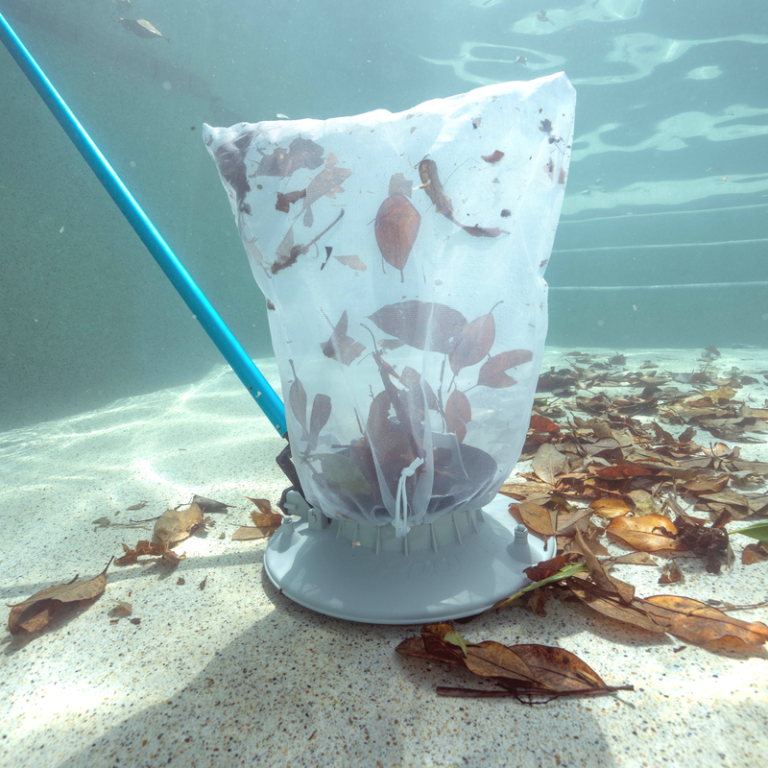California, renowned for its sunny weather and vigorous outdoor lifestyle, is leading the charge toward a more sustainable future with its groundbreaking 2025 Pool Equipment Laws. These laws, set to take effect in September 2025, are a reflection of California’s commitment to environmental stewardship and innovation in energy management. As the state with the highest number of residential pools in the United States, California’s new regulations could set a significant precedent for energy efficiency and greenhouse gas reduction nationwide. This move is just one example of a broader shift towards a cleaner, more sustainable way of living.
Decoding the 2025 California Pool Equipment Laws
The Drive for Change
California’s initiative stems from a desire to reduce dependence on gas-powered technology and alleviate the burden on the state’s electrical grid. With over 1.3 million in-ground pools, the government feels that swimming pools represent a substantial portion of residential energy consumption. The new laws aim to manage this demand effectively, contributing to the grid’s reliability and reducing greenhouse gas emissions.
Key Provisions of the Laws
- Effective Date: The laws will be implemented in September 2025.
- Energy-Efficient Controls: All new pool equipment sold in the state must include controls optimized for energy usage during non-peak hours.
- Environmental Benefits: The switch to energy-efficient equipment is projected to reduce emissions equivalent to taking 85,000 gas-powered cars off the road.
- Renewable Energy Optimization: The regulations are designed to maximize the use of cleaner energy sources, such as solar and wind, by shifting energy usage to off-peak times.
Impact on Pool Owners and How to Comply
As California embarks on a greener path with its 2025 Pool Equipment Laws, pool owners are at the forefront of this change. From understanding the nuances of new installations and replacements to navigating the financial aspects and security concerns, pool owners in the state will need to know how to navigate their way through the new energy efficiency standards.
Navigating the New Standards
- For New Installations and Replacements: Compliance is required for anyone installing a new pool or replacing their pool pump with the new energy-efficient models.
- User Flexibility: While the equipment defaults to specific operating hours, settings can be adjusted to fit individual needs, offering flexibility to pool owners.
Speck Pumps, with over 35 years of experience, has established itself as a reliable provider of pool pumps and related products. Their comprehensive lineup of energy-efficient pool pump products are known for their reliability and are a popular choice in the industry. Speck Pumps’ dedication to quality and technical support makes them a solid option for pool owners looking to upgrade or install new equipment in compliance with California’s 2025 regulations.
TORK, by NSI Industries, specializes in electrical switches, controls, and timers, including solutions for pool equipment automation. Their products range from simple timers to advanced Wi-Fi-enabled controls, offering pool owners various options to automate and manage their pool systems efficiently. TORK’s products, such as mechanical time switches and occupancy sensors, can be particularly useful for pool owners needing to comply with the new regulations that emphasize energy efficiency and peak-hour energy usage optimization. By incorporating TORK’s technology, pool owners can automate their pool systems to operate during non-peak hours, aligning with the new standards.
Financial Considerations
- Initial Costs vs. Long-Term Savings: Smart pumps may cost more upfront, but the potential savings and energy efficiency gains are substantial. Pool owners can expect to save approximately $1,131 over the control’s lifespan. There’s even an opportunity to earn money by participating in programs that reduce pump operation during high electricity demand periods.
Security and Connectivity
- Internet-Enabled Controls: The new laws include cybersecurity standards to safeguard consumers using internet-connected appliances.
Broader Implications and the Road Ahead
The 2025 California Pool Equipment Laws signify a transformative moment with far-reaching implications and pave the way for a more sustainable future. There are broader impacts that these laws have, beyond individual pool owners, particularly in enhancing grid stability and energy efficiency. These regulations are poised to fundamentally shift energy usage patterns and contribute to the reliability of California’s electric grid. This forward-looking perspective highlights the broader significance of these laws in the context of environmental policy and energy management.
Enhancing Grid Stability and Efficiency
- Supporting the Electric Grid: These regulations are a critical component in enhancing the reliability of California’s electric grid.
- Energy Usage Shift: The standards are expected to facilitate a substantial shift in energy usage, potentially amounting to 682 gigawatt-hours (GWh) of consumer electricity use annually once all installed pool controls are in compliance.
Pioneering Environmental Efforts
- Innovation and Influence: California’s initiative is a pioneering effort that may very well prompt other states to adopt similar measures. The collaboration with the Pool & Hot Tub Alliance indicates a significant step in nationwide environmental policy-making.
Future Expansion to Other Devices
- Beyond Pools: The California Energy Commission (CEC) intends to apply flexible demand appliance standards to other household devices, possibly including water heaters, residential batteries, and electric vehicle chargers. This expansion marks a broader commitment to energy efficiency and technological advancement in household appliances.
PAL Even Heat inverter heat pump series is an example of the kind of innovative solutions that can be anticipated as the CEC expands its scope to include a broader range of appliances. These heat pumps represent a significant advancement in pool heating technology. They are designed to minimize energy consumption and operating costs while maintaining optimal heating performance. Their intelligent inverter technology allows for dynamic adjustment of speed based on the pool’s heating needs, leading to precise temperature control and reduced energy wastage. Lets not forget about how these heat pumps can heat a pool or spa when the outside temperature is as low as 5 degrees Fahrenheit. This makes them an ideal choice for environmentally conscious pool owners looking to think ahead with energy savings matched with the highest performance.
A Model for Sustainable Living
The 2025 California Pool Equipment Laws represent a significant milestone in the state’s journey toward a sustainable future. These regulations reflect a growing recognition of the importance of energy efficiency and environmental conservation in everyday life. For California’s pool owners, this change means embracing new technologies that not only reduce their carbon footprint but also offer financial savings in the long run. As California sets this example, it paves the way for a global shift towards more responsible and efficient energy usage, stressing the important role of individual action in achieving broader environmental goals.
At Alpha West, our dedication lies in presenting industry-leading products, while offering insightful expertise and training. Reach out to us at hello@alphawest.com for further information on the distinguished manufacturers we represent. Alternatively, find your nearest pool and spa manufacturer representative using our territories map.
CEC News release regarding 2025 changes.
Update of note: As mentioned, the 2025 California pool equipment laws are part of a statewide plan to move towards the goal of 100 percent clean energy. Recently, a divided Ninth Circuit panel refused to reconsider a decision blocking Berkeley’s ban on installing natural gas appliances in new buildings, challenged by the California Restaurant Association under the Energy Policy Conservation Act. California’s 2025 Pool Equipment Laws aim to manage energy consumption more subtly by mandating energy-efficient pool equipment. While Berkeley’s direct approach to reducing natural gas use has faced legal hurdles, the state-wide pool equipment initiative represents a different strategy, focusing on energy efficiency and peak-hour usage adjustments, highlighting varied approaches to environmental policy within the state.









